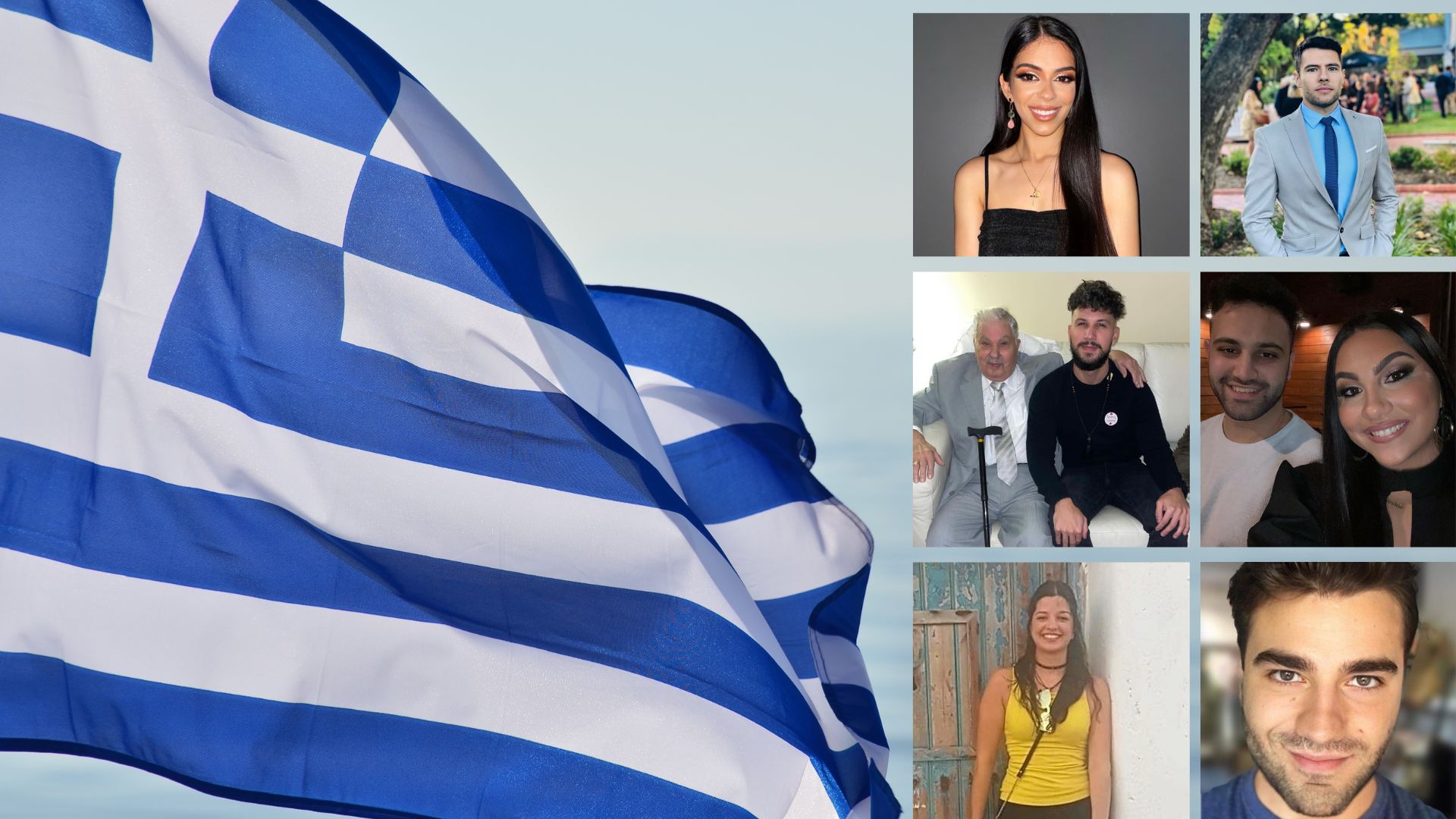Being Greek is more than a surname -or a surname that you changed because no one can pronounce. It’s a feeling, an emotion, the family and a will to adapt, to overcome, to fight and to survive, no matter what the context.
Ahead of their Annual Ball to be held at Adelaide’s Cypriot Club on Friday November 25, six current and former students, members of the Flinders University Hellenic Association, share their thoughts on what their Greek heritage means to them.

Kyriaki Tantalos:
Being Greek is more than a last name or nationality. It means stemming from a society which contributed enormously to the modern world and about a connection to culture, language, food, music, traditions, dances, family and faith, while acknowledging the sacrifices our grandparents made to give us these opportunities.
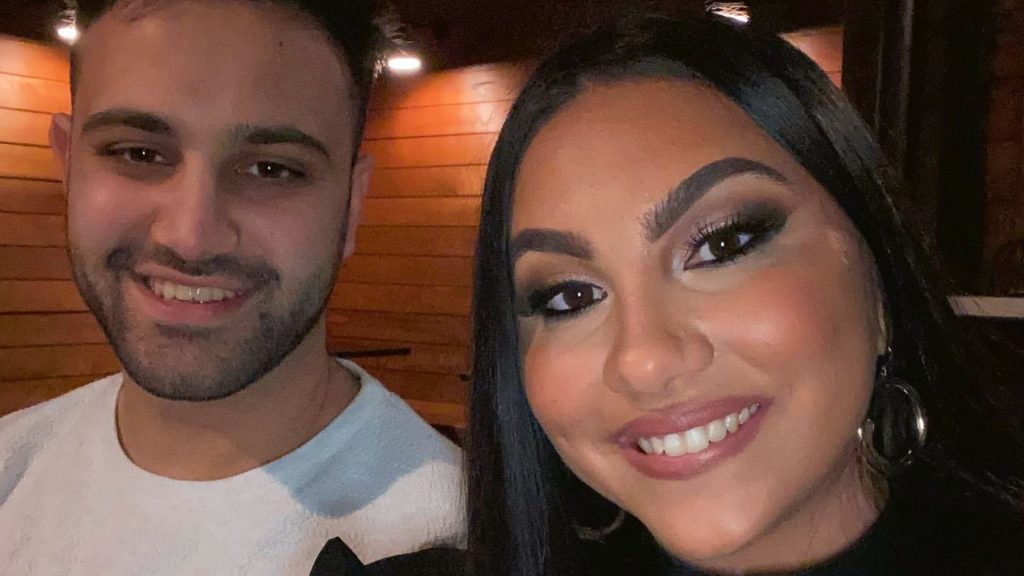
Vasilia Ketses:
Being Greek is synonymous with passion, pride, resilience, warmth, and humility derived from our rich history, culture, and faith. Often our unique traditions, beautiful landscapes and foods are typically referred to, especially growing up in Australia.
However, for me, the meaning of being Greek is found within the generosity and selfless actions of individuals seen within our community, which has been passed down through generations. Without realising, it is these values that builds the foundations of who we are as individuals.
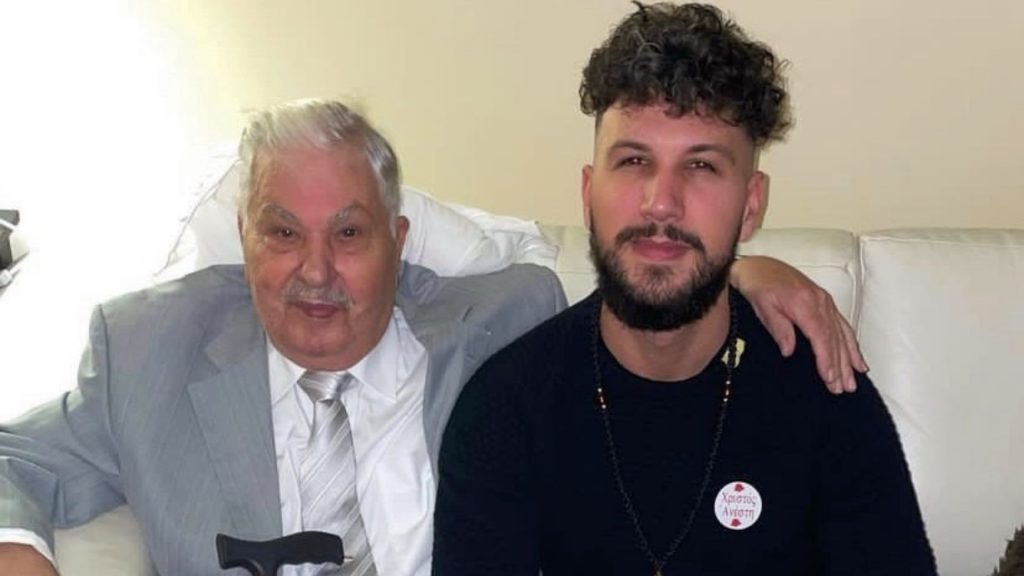
Athanasios Golois:
Being born Greek is more than an ethnicity label that I’m categorized into. Aspects like proud history, wholesome culture and that Classical Greek family archetype have all shaped and guided me into the person I’ve become today.
These strong elements are everything to me and I couldn’t imagine my life without them. I truly thank God that I was born Greek.

Ioannis Roubos (Former Student):
I am a Greek language graduate. I have Greek ancestry from my father’s side who was born in Australia, so I am half Greek and third generation Australian of Greek heritage. For me personally, answering the question “What does it mean to be Greek” is a complicated idea because my relationship with Hellenism is unusual.
I did not grow up with the Greek language or Greek traditions until my father travelled to Greece in 2007 and discovered his roots. At that time, I was not interested at all in my Greek origin. In 2009 I travelled to Greece and began to love Hellenism. What attracted me the most was the culture, the language, the tradition and the food.
In a few words, it is difficult for me to express what it means to be Greek and it can -to some extent- be answered with the feeling that I have a link with antiquity which gives me pride and great joy.
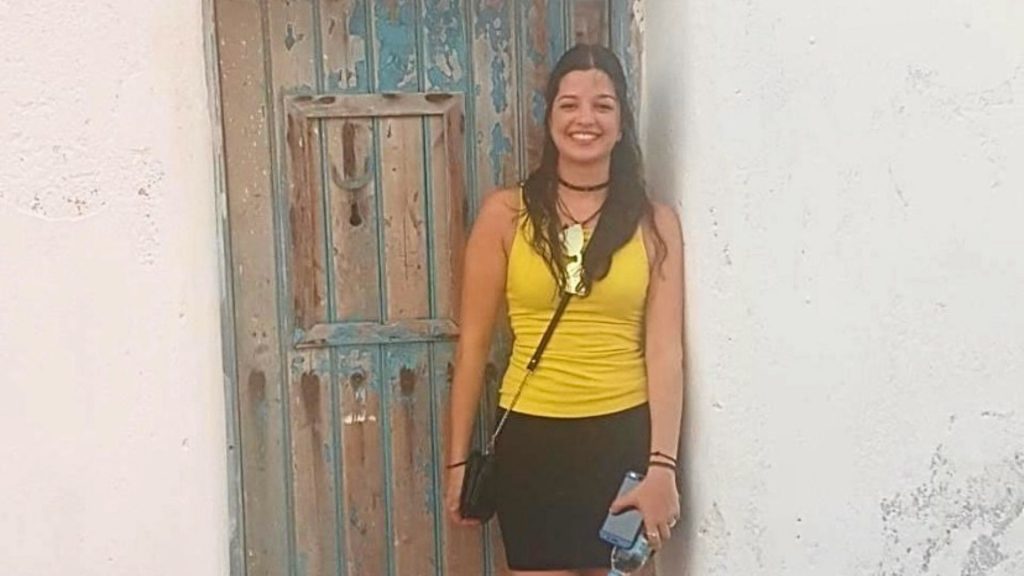
Nikki Asikas (Former Student):
To me, being Greek is to have a passion for sharing. Whether it be through food, knowledge, history, stories or dancing. Being Greek is the essence of all of these things combined and being the President of FUHA was the vehicle for me to express and share this with fellow Hellenes and non-Ηellenes at Flinders University.
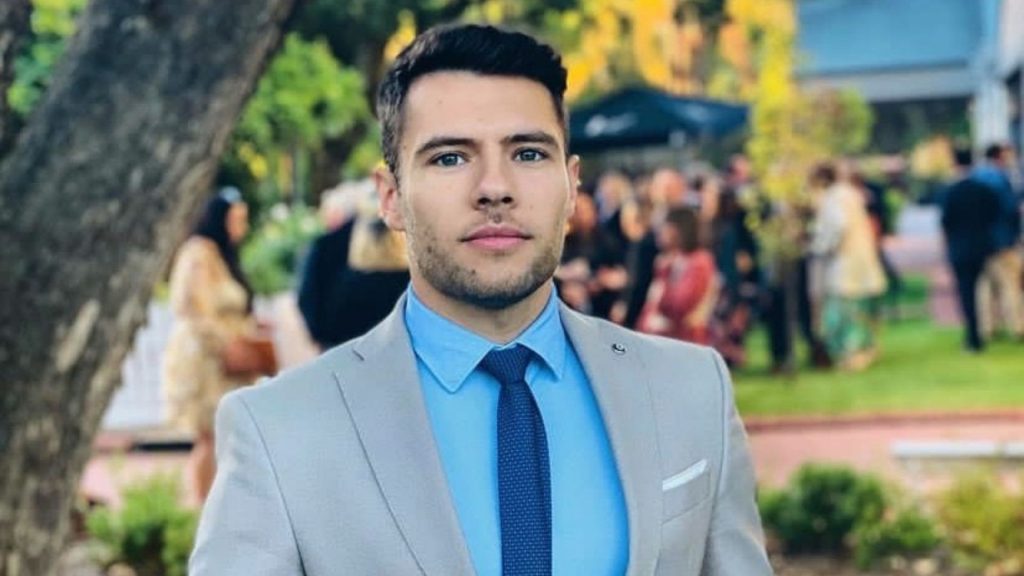
Aristomenis Haralampopoulos (Former Student):
Being Greek is many things. It’s a connection to history, to a society that contributed more to the modern world than any other. It’s the sacrifices our parents and grandparents made to give us a better life. It’s acting with philotimo (φιλότιμο), regardless of your circumstances.
*To find out more about the Flinders Hellenic Ball visit the Flinders University Hellenic Association Facebook Page.
READ MORE: Why learn Greek? Six non-native speakers from around the globe give us their reasons

